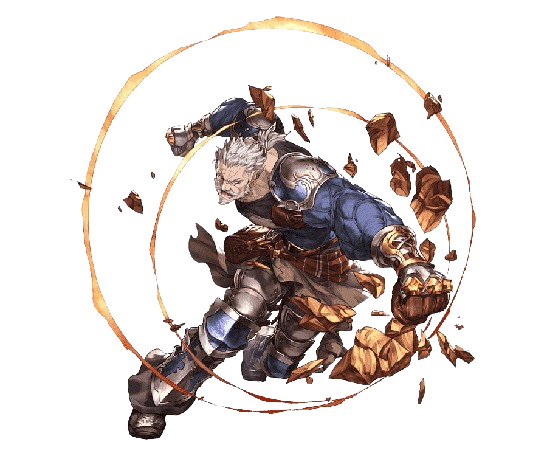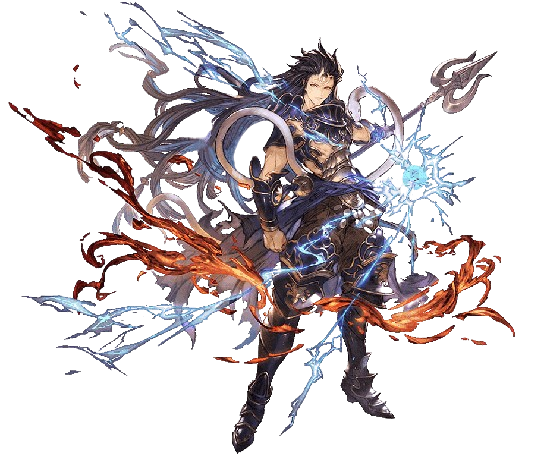Introduction
Mythology and folklore have captivated humanity for millennia, telling stories of gods, heroes, monsters, and moral lessons. In today’s world, these timeless tales have found new life in fantasy games, where fantasy game development companies use them as creative blueprints to build immersive worlds. Developers borrow from rich cultural heritages, blending mythology with innovation to enhance the narrative depth and emotional impact. The appeal of mythology and folklore lies in their universality themes of good versus evil, fate, and human struggle transcend time and culture, providing a fertile ground for creating complex narratives.
Fantasy games thrive when they draw from such deep sources, offering engaging experiences that blend cultural heritage with cutting-edge fantasy game development services. In this article, we will explore how game developers incorporate mythology and folklore into their creations, the impact it has on gameplay and storytelling, and why this connection resonates so strongly with players.
Boost Your Fantasy Game Efficiency

Understanding Mythology and Folklore: A Brief Overview
Before delving into the role of mythology and folklore in fantasy game creation, it’s essential to define these terms:
- Mythology refers to a collection of myths—stories that a particular culture believes to be true. These myths often involve gods, demigods, supernatural beings, and explanations for natural and societal phenomena. Examples include Greek, Norse, Egyptian, and Hindu mythologies.
- Folklore encompasses the beliefs, customs, and stories passed down orally within a community or culture. Unlike mythology, folklore may not necessarily explain the workings of the world but often focuses on moral lessons, social customs, or heroic deeds. Examples of folklore include fairy tales, legends, and folk songs from cultures worldwide.
Many fantasy game development agencies rely on these storytelling foundations to craft worlds that feel both familiar and exotic. Players can connect with the universal themes while exploring unfamiliar realms filled with adventure and magic.
World-Building: Breathing Life Into Fictional Universes
World-building is a crucial aspect of fantasy game creation, and mythology serves as a ready-made blueprint for constructing vast and intricate universes. Games like The Elder Scrolls and God of War have successfully utilized mythological frameworks to shape their worlds, from the pantheon of gods that rule the universe to the rules governing the magic that drives the narrative forward.
In The Elder Scrolls series, for example, the various deities and historical myths of the fictional world of Tamriel play a significant role in shaping the different cultures, races, and political dynamics within the game. Fantasy game development companies often build such worlds by combining mythological elements with modern game design techniques to create complex, believable environments.
Meanwhile, God of War draws directly from Norse mythology in its 2018 reboot, introducing players to characters like Odin, Thor, and Baldur, and mythic locations like Midgard and Jotunheim. The game’s developers used the intricate, interconnected narratives of Norse myths to shape both the overarching plot and the characters’ individual motivations. Many fantasy game development agencies employ similar methods when integrating mythological lore into their game worlds.

Character Development: Mythological Archetypes
Mythology offers a treasure trove of archetypes that fantasy game developers can use to design memorable characters. Whether it’s the reluctant hero, the trickster, or the wise mentor, these character types are found across cultures and serve as powerful tools in storytelling.
- The Hero’s Journey: Popularized by Joseph Campbell’s monomyth theory, the Hero’s Journey is a common structure in both mythology and modern storytelling. Many fantasy games use this framework to guide their protagonist’s path, from humble beginnings to confronting insurmountable odds. Games like The Legend of Zelda and Final Fantasy series often follow the structure of the Hero’s Journey, borrowing not only from mythology but also incorporating elements of folklore to enhance the hero’s transformation. This is a key focus in fantasy game development services, which often seek to create deep, meaningful narratives for players.
- The Trickster: A common figure in mythology, the trickster is often a god or creature that uses cunning and deceit to achieve their goals. Loki from Norse mythology and Anansi from West African folklore are excellent examples. In fantasy games, trickster characters often appear as supporting players or antagonists, providing an unpredictable element to the narrative. Games like Hades or Dota 2 feature trickster-like characters that add complexity to both gameplay and storytelling, a frequent focus for many fantasy game development agencies.
- The Mentor: From Merlin in Arthurian legend to Athena in Greek mythology, the mentor is a guiding force, often teaching the hero crucial skills or wisdom. In fantasy games, the mentor figure might be a wizard, elder, or ancient warrior, helping the player’s character grow and progress. In The Witcher 3: Wild Hunt, Vesemir serves as the mentor to Geralt of Rivia, a figure of knowledge and wisdom drawn from age-old traditions of mentors in folklore and myth.
Jump Into Action: Start Fantasy Game Project

The Power of Mythological Themes in Game Narratives
Beyond the use of mythological characters, the themes prevalent in myths: fate, destiny, sacrifice, and the eternal battle between good and evil are central to many fantasy games. These universal concepts resonate with players on a fundamental level, allowing for deep emotional engagement with the story.
- Fate and Destiny: In many mythologies, characters are often bound by prophecy or a predetermined fate, which they may struggle to avoid or fulfill. This theme plays out in games like Final Fantasy XV, where the protagonist Noctis is tied to a destiny he cannot escape, much like the heroes of ancient myths who are fated for greatness, tragedy, or both. Such narrative depth is commonly found in projects developed by game development services that specialize in storytelling.
- The Eternal Battle Between Good and Evil: The cosmic battle between good and evil, light and dark, is a central theme in mythology and is often echoed in fantasy games. The Diablo series, with its angels and demons locked in eternal conflict, taps into this mythological dichotomy, using it to frame the entire narrative and player experience.
- Sacrifice and Redemption: Many mythological tales involve acts of sacrifice, either for personal redemption or the greater good. In games like Shadow of the Colossus and Mass Effect, characters must make difficult choices, often involving personal sacrifice, which heightens the emotional impact of the game and aligns with mythological traditions.
Folklore’s Influence on Side Quests and World Depth
While mythology often forms the backbone of a game’s central narrative, folklore frequently plays a role in side quests and smaller elements of world-building, offering players depth and variety. Folklore’s more grounded nature dealing with everyday human experiences allows for stories that feel more intimate and local within the larger, mythologically-driven world.
In The Witcher 3: Wild Hunt, many side quests are based on Slavic folklore, featuring creatures like the Leshen, noonwraiths, and drowners beings rooted in Eastern European folk tales. These elements give the world a lived-in quality, as if these legends are the everyday superstitions and fears of the game’s inhabitants. Such meticulous world-building is a hallmark of many a game development company focused on delivering rich, immersive experiences.
Similarly, Dark Souls draws from various mythologies and folklore traditions to populate its eerie, desolate world with entities that feel ancient and mythic. The cryptic storytelling, combined with the monstrous beings drawn from folklore, invites players to explore and piece together a deeper understanding of the world they inhabit.

The Modernization of Mythology in Games
While many fantasy games directly adapt mythological stories, others modernize these myths, offering new interpretations that reflect contemporary values and concerns. This process not only makes the material more accessible to modern audiences but also allows developers to comment on current issues through the lens of ancient tales.
Hades (2020), for example, reinterprets Greek mythology by turning the underworld into a more complex and relatable setting, filled with gods who have very human emotions and problems. The game blends classic myths with fresh storytelling, creating characters and themes that resonate with modern sensibilities while staying true to the spirit of the original myths.
In Assassin’s Creed Valhalla, Norse mythology is presented with a gritty realism, while still retaining its larger-than-life qualities. The game also delves into how mythology intersects with historical events, reflecting how real-world cultures have used myth to explain and shape their world.

Conclusion
The role of mythology and folklore in fantasy game creation is vast and varied. These ancient stories provide the foundation for world-building, character development, and narrative themes that resonate with players across different cultures and times. By incorporating these elements, developers, particularly those from fantasy game development companies are able to craft rich, immersive experiences that feel both familiar and fantastical.
In many ways, fantasy games serve as the modern-day storytellers, continuing the tradition of passing down myths and legends, albeit in digital form. As technology advances and fantasy game development services evolve, the influence of mythology and folklore will undoubtedly continue to shape the worlds we explore and the stories we experience. The enduring power of these tales ensures their relevance, not just in literature and art, but in the ever-evolving medium of video games.



